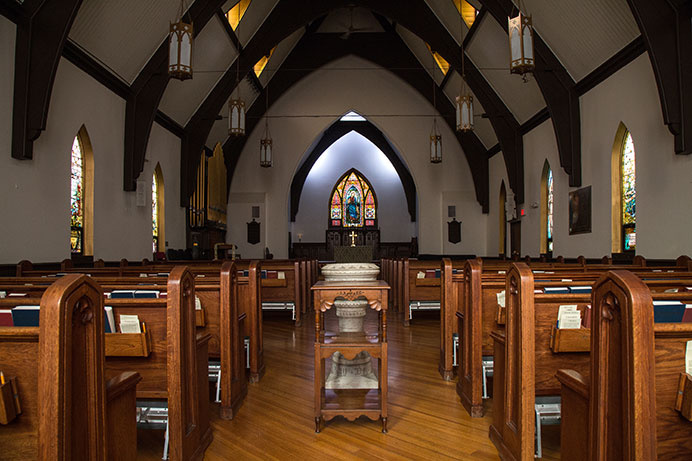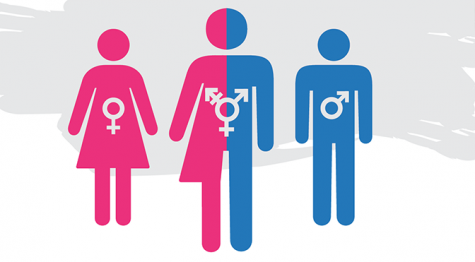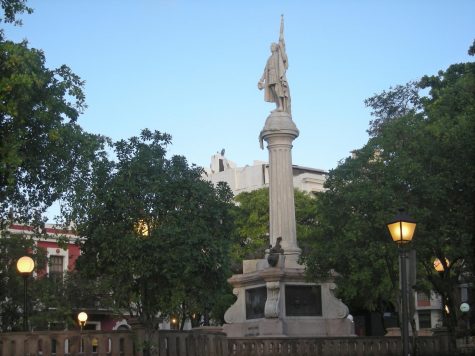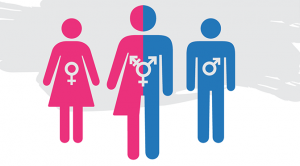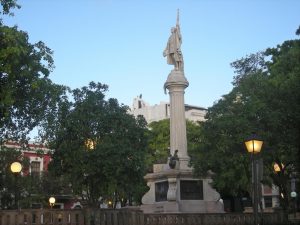Newby: The controversial conversation of God and the government
The conversation of Christianity and political parties is treaded lightly, but the truth is that God is alive in both.
October 8, 2018
The conversation of religion and politics is one that most families avoid when gathered around the table for the approaching holidays. There’s a specific tension between the two — especially when paired together. Faith leads into a topic of empowerment, trust, and a hope beyond measure; and politics pushes forward a conversation of something deeply similar. However, in politics, the direction is less toward God and more toward the government.
Belief in the two is clouded and controversial at times. But more than anything, belief of itself remains powerful and profound, existing as momentum behind such topical issues like poverty, immigration laws, wage gap, and more.
In response to whether it be faith in God or faith in our government, it’s in our hands to decide what we choose to believe, what is worth fighting for and what can be done to enable our communities and the country we live in to be better.
The point is, it takes guts to believe. And in seeking the truths preceding what it is that we believe, politics drives a sometimes healthy, sometimes horrible conversation about Christianity and how matters are sought in order to glorify God.
The divide between God and government arrives in the division of government itself. Where the splitting of parties offers people to stand firm to selected and substantial beliefs. This separation allows room for questioning and confusion, especially when contemplating where Christianity fits in — or if it does at all.
The Democratic and Republican Parties surged forward in 2012 with more division than the political parties had seen in quite some time. News-media outlets caught sight of the spectacle and clung to what the deeper meaning could possibly entail. Democrats had scrapped the word “God” and empowered the term “faith.”
What political scientist Ryan Classmaan calls the “God gap,” believers and nonbelievers alike saw as the deliberate difference between which party is determinately Christian and which party is not.
That isn’t to say that faith in God was stripped as the word itself was scrapped. I am a Christian, and I find it inspiring that a group of people began encouraging faith instead of talking about God. Because I believe there is a big difference between having faith in God and simply talking about God.
RELATED: Bill introduced to allow Iowa schools to teach Bible literacy as social studies elective
Back in 2012, according to the Washington Post, Melanie N. Rousell, who was the national secretary for the Democratic Party at the time, called attention to a section in the DNC platform on faith. Accusations had been hurled at the Democratic Party, and people were clearly distraught at the seeming dismissing of God in beliefs and intentions.
“Faith has always been a central part of the American story, and it has been a driving force of progress and justice throughout our history,” said the section in part. “We know that our nation, our communities, and our lives are made vastly stronger and richer by faith and the countless acts of justice and mercy it inspires.”
In the controversial conversation of Christianity and politics, one thing remains firm: God is for the oppressed, the impoverished, the weary. God is on the side of the suffering, the brokenhearted, and those who have taken the brunt of countless injustices. God is for us, his people.
And so, at the core of this message the heart behind people making up both Democratic and Republican Parties is made more than apparent. Pushing for the empowering and the enabling of the American people is priority. And belief in God does not need to determine which party a person identifies with, because values of Christianity are alive in both.
RELATED: Tambe: The thin lines among education, faith, and superstitions



